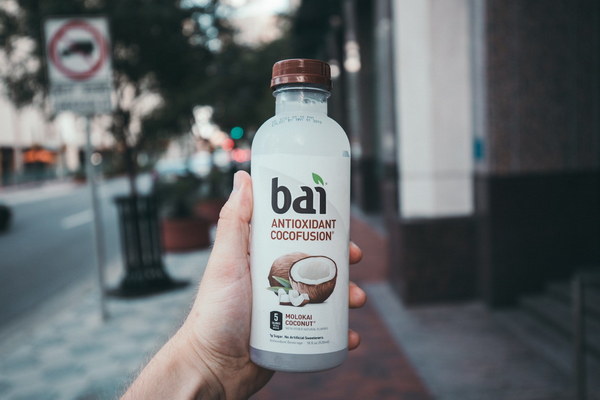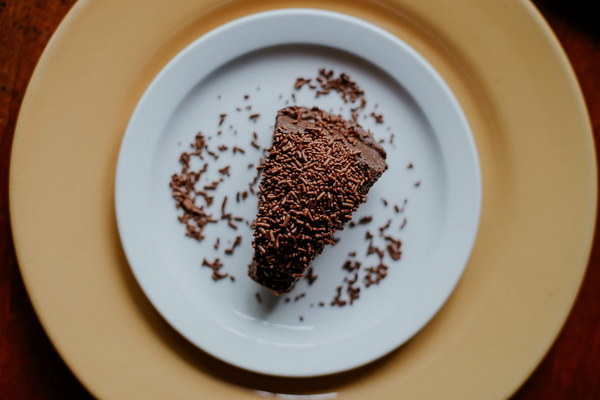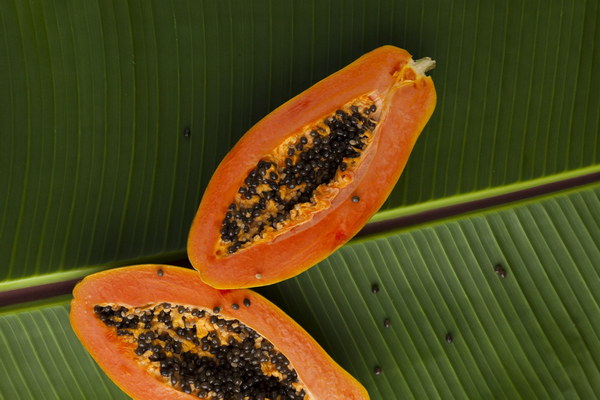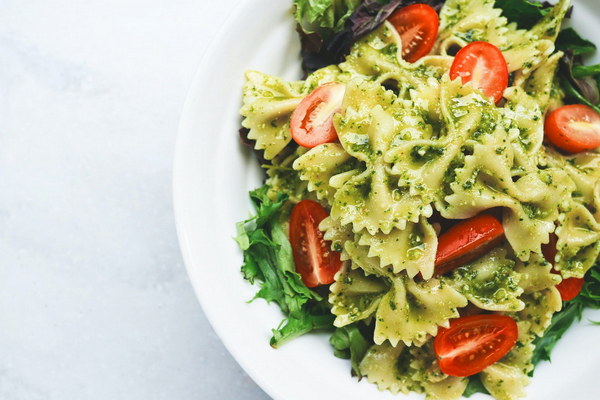Combatting Lethargy Nourishing Foods to Battle Hypoglycemia and Dizziness
Introduction:
Hypoglycemia, a condition characterized by low blood sugar levels, can leave individuals feeling exhausted, dizzy, and in some cases, fainting. While medical treatment is essential for managing this condition, dietary adjustments can play a significant role in preventing hypoglycemic episodes. This article explores the benefits of certain foods that can help combat the symptoms of low blood sugar and dizziness.
1. The Importance of a Balanced Diet:
A well-balanced diet is crucial for maintaining stable blood sugar levels. Incorporating a variety of nutrient-rich foods into your meals can help prevent hypoglycemia and its symptoms, such as dizziness and fatigue.
2. Low-Glycemic Foods:
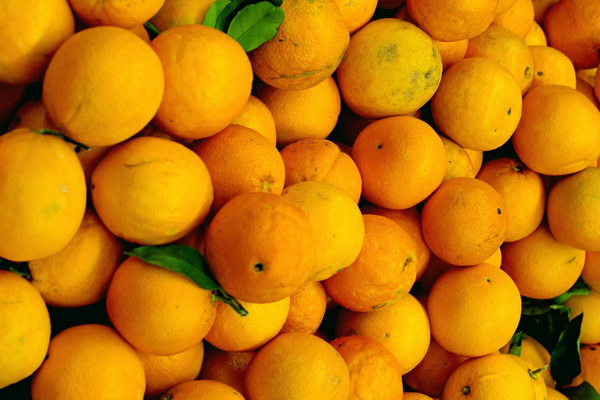
Low-glycemic foods are those that cause a slow and steady rise in blood sugar levels. By choosing these foods, you can avoid sudden spikes in blood sugar that can lead to hypoglycemia. Some examples of low-glycemic foods include:
- Quinoa: A high-protein, low-carbohydrate grain that provides sustained energy.
- Sweet potatoes: A nutritious root vegetable that has a low-glycemic index and is rich in fiber.
- Legumes: Beans, lentils, and chickpeas are excellent sources of protein and fiber, making them perfect for managing blood sugar levels.
- Nuts and seeds: Almonds, walnuts, chia seeds, and flaxseeds are great sources of healthy fats and protein, which can help stabilize blood sugar.
3. Carbohydrate-Counting:
For individuals with hypoglycemia, it is essential to count carbohydrates and choose complex carbohydrates over simple ones. Complex carbohydrates, such as whole grains, fruits, and vegetables, provide a steady release of energy, which can help prevent low blood sugar.
4. High-Protein Foods:
Protein-rich foods can help slow down the absorption of carbohydrates, leading to more stable blood sugar levels. Some high-protein foods to include in your diet are:
- Lean meats: Chicken, turkey, and lean beef are excellent sources of protein.
- Fish: Salmon, trout, and mackerel are not only high in protein but also contain omega-3 fatty acids, which can help improve brain function and reduce the risk of dizziness.
- Eggs: Eggs are a great source of protein and contain essential nutrients that support overall health.
- Dairy products: Greek yogurt and cheese are excellent sources of protein and can help maintain stable blood sugar levels.
5. Healthy Fats:
Including healthy fats in your diet can help regulate blood sugar levels. Some healthy fat sources include:
- Avocado: High in monounsaturated fats, avocado can help reduce the risk of hypoglycemia.
- Olive oil: A staple in the Mediterranean diet, olive oil contains healthy fats that can help stabilize blood sugar levels.
- Nuts and seeds: Almonds, walnuts, chia seeds, and flaxseeds are excellent sources of healthy fats and protein.
6. Hydration:
Staying hydrated is crucial for maintaining stable blood sugar levels. Dehydration can lead to confusion, dizziness, and other symptoms associated with low blood sugar. Aim to drink plenty of water throughout the day.
Conclusion:
By incorporating a variety of nutrient-rich foods into your diet, you can help manage your blood sugar levels and reduce the risk of hypoglycemia and dizziness. Remember to focus on low-glycemic foods, high-protein sources, healthy fats, and proper hydration. With these dietary adjustments, you can combat the symptoms of low blood sugar and enjoy a more energetic and vibrant life.
